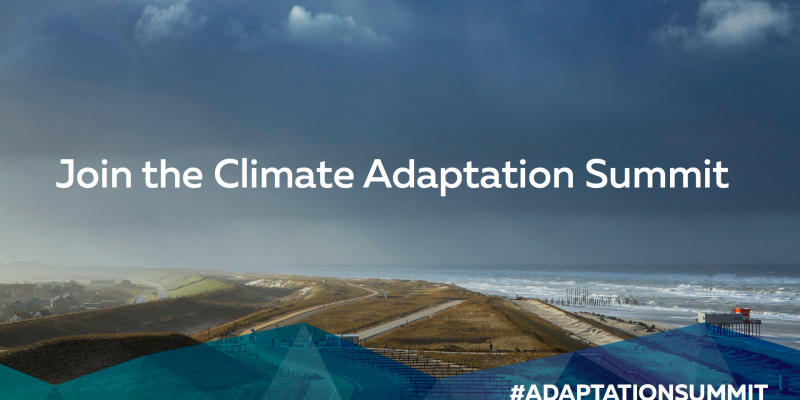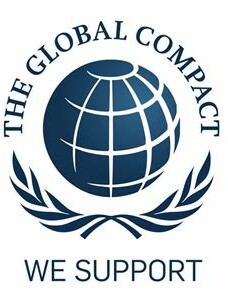The Climate Adaptation Summit 2021 led by Co-chair Ban Ki-moon, hosted by the Netherlands and the Global Center on Adaptation convened over 18,000 registrations, 300 speakers, 160 side events, 32 countries, world leaders, and local stakeholders.
It launched a comprehensive Adaptation Action Agenda and heard of new financial pledges to initiatives to make the world more resilient to the effects of climate change.
BKMC Co-chair Ban Ki-moon led several discussions before and during the summit. On January 22nd, five Nobel Laureates and more than 3,000 scientists from over 100 countries signed up to the “Groningen Science Declaration” calling on world leaders, decision-makers and investors, to change the way we understand, plan and invest for a changing climate to ensure we limit future damage. On January 25th, a Ministerial Dialogue saw over forty countries committing to adaptation.
Watch the summary video of all the events right here:
The opening session on January 25th, led by the Prime Minister of the Netherlands, Mark Rutte, under the patronage of Ban Ki-Moon, demonstrated the world’s leading countries and the international development communities’ commitments to climate adaptation and showcased some of their prominent programs and initiatives. The event gave us a clear message: we need to treat climate adaptation as urgently as we have mitigation within the development agenda towards achieving the SDGs and the Paris Agreement.
Food security is an increasing threat in Africa in face of climate change. The anchoring event on Africa stressed the need for predictable long-term public financing for climate change, which should then allocate 50% to adaptation. Donor countries are urged to provide bridging finance to prepare projects into bankable projects.
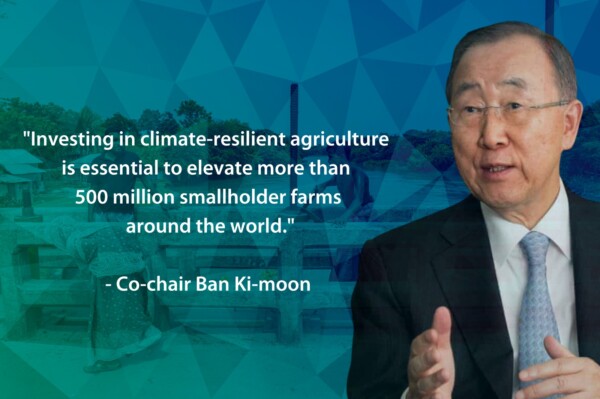
The anchoring event on finance and investment highlighted the important fact that the world needs 300 billion USD for adaptation efforts while there is currently only 30 billion USD reserved for it. In order to raise that number and attract more investment, climate risk visibility and evaluation should be integrated into every decision-making, from national planning to financial decisions. In addition, green bond has proven to be a viable and attractive option to raise finance.
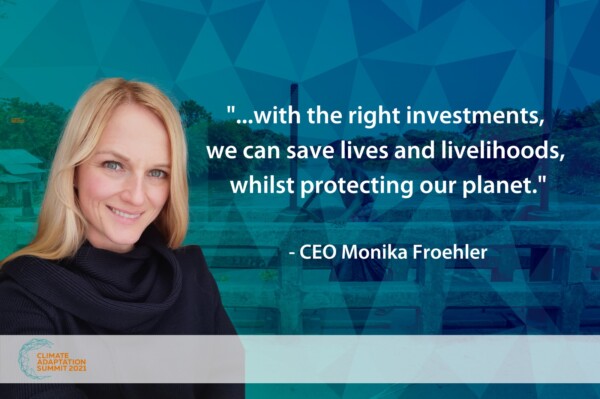
BKMC CEO Monika Froehler moderated a panel session on the need for increased commitment to agricultural adaptation focusing on building the resilience of small-holder farmers. The panel hosted sector doyens such as:
●Gilbert F. Houngbo, President of the International Fund for Agricultural Development ● Yannick Glemarec , Executive Director of the Green Climate Fund ● Dr. Sinead Walsh , Deputy Director General & Climate Envoy, Development Cooperation and Africa Division Department of Foreign Affairs, Government of Ireland ● Michael Sheldrick, Chief Government Affairs Officer, Global Citizen
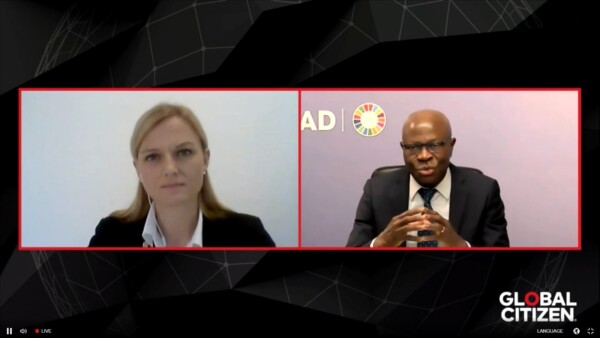
IFAD announced its ASAP+ Program which is the world’s largest fund dedicated to small-scale food producers, aimed at raising 500 million USD to benefit more than 10 million people. Read the summary of the event right here.
There is an opportunity right now to utilize the available liquidity for COVID19 recovery to invest in adaptation. The need to start investing in large-scale agriculture resilience in lieu of small pilot projects is crucial.
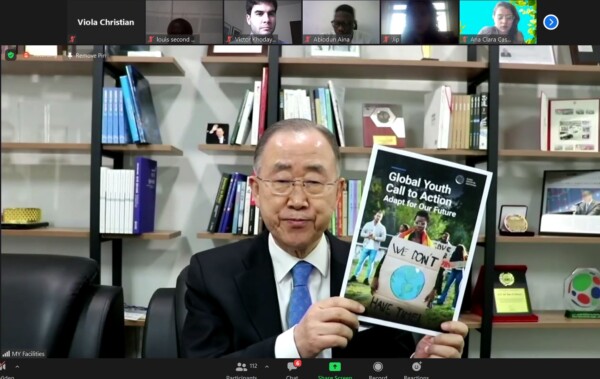
The BKMC is also excited about its upcoming cooperation with GCA to foster the role of young women in climate adaptation under GCA’s Young Leadership Programme. The Anchoring Event on Youth Leadership on January 25th marked the launch of the program and served to handover the Global Youth Call to Action on Adaptation prepared by young people from 120 countries to Co-chair Ban Ki-moon and other world leaders. The call aims to help bridge the adaptation action gap, especially amongst youth. The BKMC is keen on strengthening the role of young women in this field.
